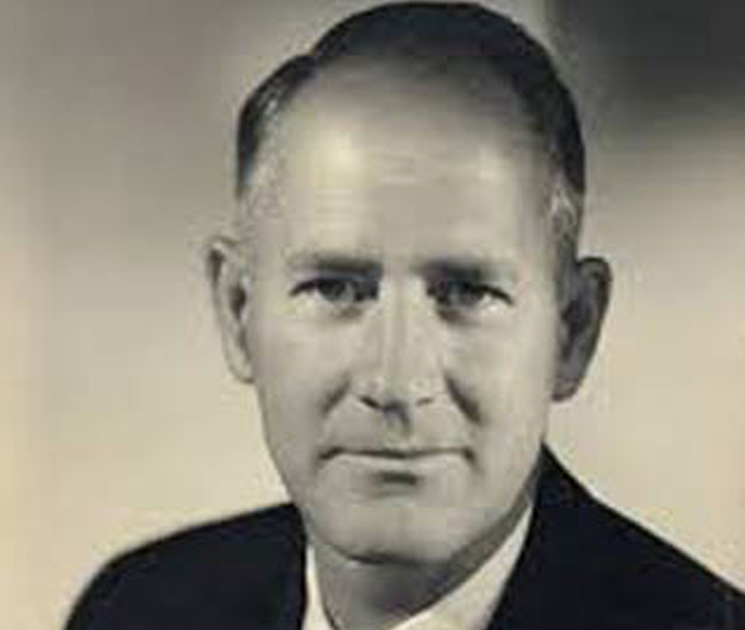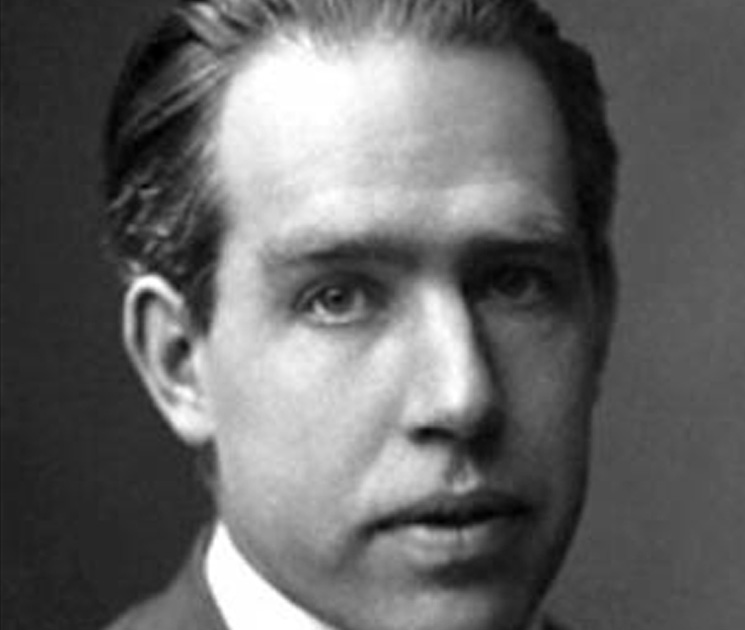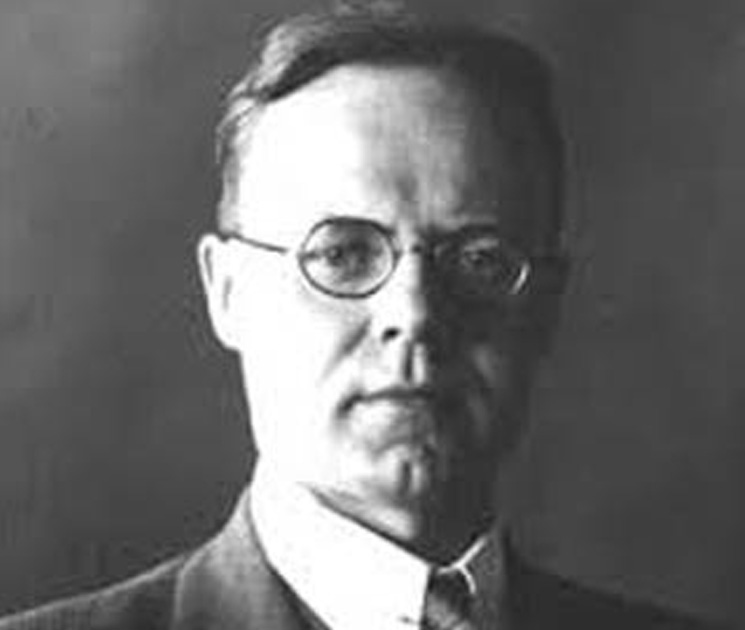George Wells Beadle (October 22, 1903–June 9, 1989) was an American scientist in the field of genetics who, with Edward Lawrie Tatum discovered the role of genes in regulating biochemical events within cells. For this work, he shared the 1958 Nobel Prize in Physiology or Medicine with Edward Tatum and Joshua Lederberg.
Beadle and Tatum’s key experiments involved exposing the bread mold Neurospora crassa to x-rays, causing mutations. In a series of experiments, they showed that these mutations caused changes in specific enzymes involved in metabolic pathways. These experiments led them to propose a direct link between genes and enzymatic reactions, known as the “one gene, one enzyme” hypothesis.
- Background on Dr. Beadle’s leadership as president of the University of Chicago
- 1990 Biographical memoir by Norman Horowitz, published by the National Academy of Sciences
- Biography at the Nobel Prizes
- Obituary in the New York Times



